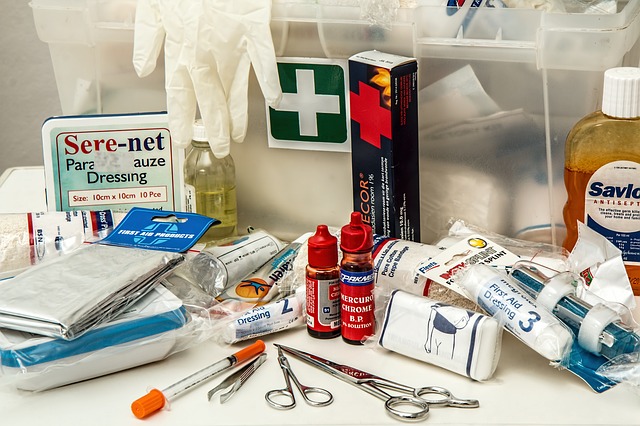
Is your college-bound teen interested in the medical field but doesn’t want to become a doctor or nurse? It’s good to know there are other avenues they can pursue, and some are even available online.
Who are medical assistants in the medical field? They are the people usually working under doctors. They work in hospitals and other healthcare facilities. Their work is basically to take care of administrative, clerical and clinical tasks. These may include tasks such as scheduling appointments, blood preparation, recording patient history and information,helping with examinations, and recording vital signs.
There are many different medical assistant programs out there. This makes the decision to enroll in a medical assistant program a difficult one. As a potential student, how do you balance your choices from the different programs? I suggest you compare the costs and the length of the program. Different schools out there offer programs, some even offer online programs. You can tell just by logic the convenience of an online program. I mean can, students get to save a significant amount of money and still be able to study from anywhere.
I have looked at a couple of medical assistant online programs which have been compiled based on affordability and quality. Do you want to graduate with a certification, a diploma, or an associate’s degree? Keep in mind that a diploma or certification takes less time to complete and can get you into the workforce right away and an associate’s degree takes a longer time and its quite useful when you want to a fast track to the top. Medical assistant online courses, make it possible to keep your current lifestyle while pursuing your medical career. Here are several choices.0
1.The College of Health Care Professions (CHCP)
This college offers a medical assisting certificate and a Healthcare Management degree for further career advancement. To make it legitimate, this school is accredited by the Accrediting Bureau of Health Education Schools (ABHES). Medical assisting online courses from this school allow students to complete labs and lectures online with the option of in-field clinical experience at local campuses across the U.S. This quality training requires a tuition fee of $24,133.
2.Kaplan University
This is going to impress you. It is very important to note that this program is fully accredited by the Commission on Accreditation of Allied Health Education Programs. Kaplan University’s online bachelor’s program is known for their quality online medical degrees, and it’s no different for their medical assisting online program either. You can get this quality training for $14,241. If you are not able to fully fund yourself, the school offers financial aid based on the FASFA application.
3.Harrison College
Harrison College is a for-profit college that offers a degree and diploma in medical assisting. Harrison is one of two distance learning CAAHEP accredited medical assisting programs in the nation keeping in mind that CAAHEP is the largest programmatic accreditor in the health sciences field. The online associate of applied science in medical assisting program takes two years, with a medical assistant externship included in the tuition fee which is just $17,100.
4.Liberty University
This is one of the world’s largest online universities. Liberty is a non-profit, Christian school that offers degrees from the certification to the doctoral level. Too good to be true? It is accredited by the Commission on Colleges of the Southern Association of Colleges and Schools. This school offers an Associate of Applied Science in Medical Office Assisting program that prepares students to work as assistants in healthcare environments.The tuition fee caps at $20,109 which is fair considering the school’s rep and the quality of training provided.
As you can see, these are just but a few options. There are other schools out there that offer such programs. This article has highlighted the best in quality and price to make it easier for your student to make a better decision.
SaveSave








 If your child has
If your child has 

